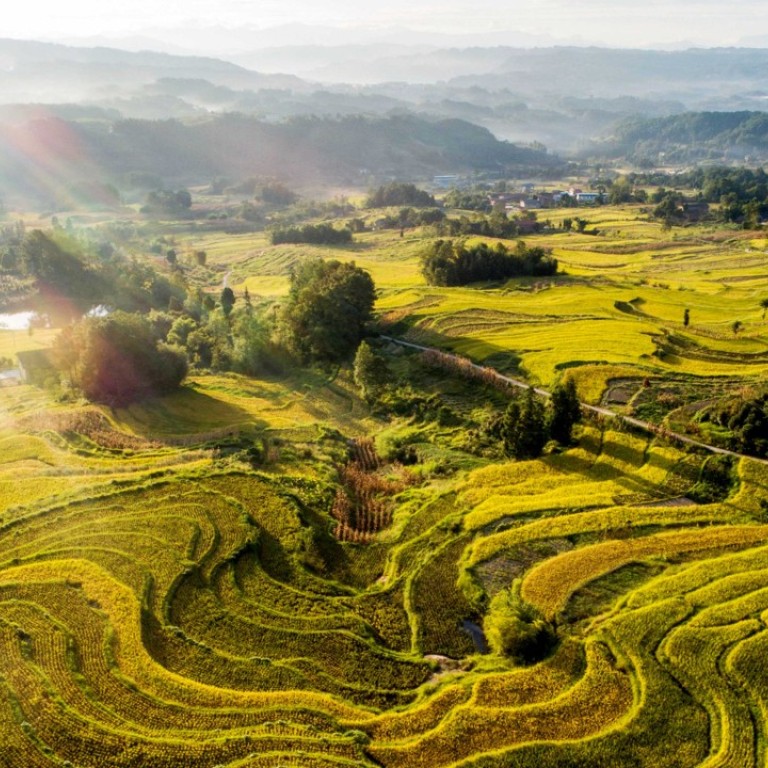
Former culture chief sounds alarm over China’s vanishing traditional villages
The mass migration of people from the countryside to cities is destroying a valuable rural legacy, former cultural heritage chief warns
China’s massive urbanisation drive is killing the country’s traditional villages, taking with it an ancient source of national culture and values, a former top Chinese official has warned.
Li Xiaojie, former director of the State Administration of Cultural Heritage, sounded the alarm at a forum in Beijing on the weekend, urging government and the broader community to save a way of life vanishing as hundreds of millions of people abandon their homes in rural areas for better jobs in cities.
“In rural China, especially in traditional villages, ‘hollowing out’ is very serious,” Li told the International Forum on Ancient Chinese Architecture on Saturday.
“Traditional villages are losing their vitality, and without socially connected farmers, the old houses are basically empty shells.”

He called for a range of remedial action, from legislation to capital investment, to preserve the historic, cultural, artistic, social and economic legacy of rural communities.
“While urbanisation is gaining speed, the protection of traditional villages has not been made a priority,” Caijing magazine, the co-organiser of the forum, quoted Li as saying.
An estimated 920,000 villages had disappeared over the past 15 years, state-owned China City News reported last year, citing figures from a conference on China’s historic villages and towns in November.
Li said the situation was worsened by the lack of funds to preserve cultural heritage in rural areas.
In 2012, Beijing launched what state media called “salvage efforts” to protect traditional villages, offering a 3 million yuan (US$437,000) grant to selected communities.
Chinese architect battles to save China’s traditional rural building style
According to Zhao Hui, chief economist of the Ministry of Housing and Urban-Rural Development, the programme covered 4,157 villages by the end of 2016, and that number was expected to rise to 6,000.
But Li said that was far from enough.
He also warned that property ownership legislation would be necessary to ensure that efforts to boost tourism in communities did not lead to land mismanagement or excessive commercialisation.
As a part of President Xi Jinping’s poverty alleviation drive, Beijing is seeking to increase tourism in traditional villages across the country, and also encourage more young people to return to their rural homes.

